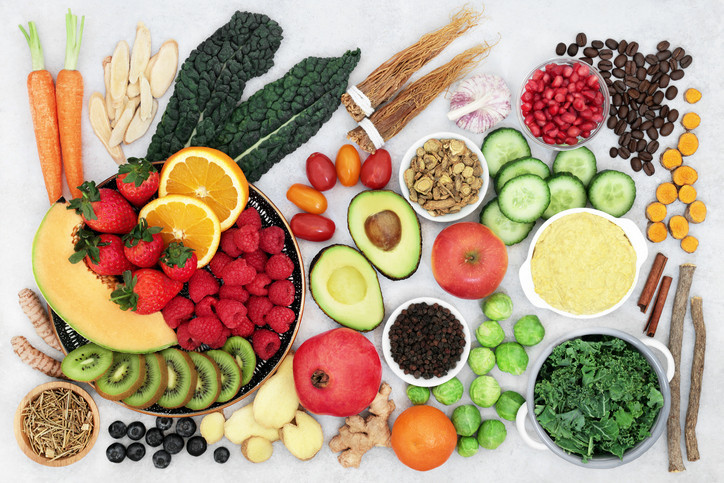Chronic inflammation is a hidden issue that can lead to serious health problems, including joint pain, fatigue, and long-term conditions like heart disease, diabetes, and autoimmune disorders. What you eat can significantly influence inflammation in your body, either exacerbating or alleviating it. A non-inflammatory diet emphasizes selecting foods that help reduce inflammation, enabling your body to heal and thrive naturally.
One major contributor to chronic inflammation is the excessive intake of refined sugars and processed foods. These items can activate the immune system and trigger an inflammatory response, which can become chronic over time. Common offenders include sugary drinks, pastries, fried snacks, and pre-packaged meals. Reducing these inflammatory foods is a vital first step toward restoring balance.
In contrast, a non-inflammatory diet promotes the consumption of whole, nutrient-dense foods. Fruits, vegetables, whole grains, nuts, seeds, and lean proteins, along with healthy fats found in avocados and olive oil, can aid your body in combating inflammation. Omega-3 fatty acids from sources like salmon, walnuts, and flaxseeds are particularly beneficial due to their anti-inflammatory effects. Adding spices like turmeric and ginger can also enhance your meals with natural anti-inflammatory properties.
By making thoughtful dietary adjustments, you can significantly lower inflammation and enhance your overall well-being. While no single diet works for everyone, adopting a non-inflammatory approach can help you feel more energetic, alleviate chronic pain, and support long-term health. It’s more than just a diet; it’s a lifestyle change that begins with recognizing the impact of food.





